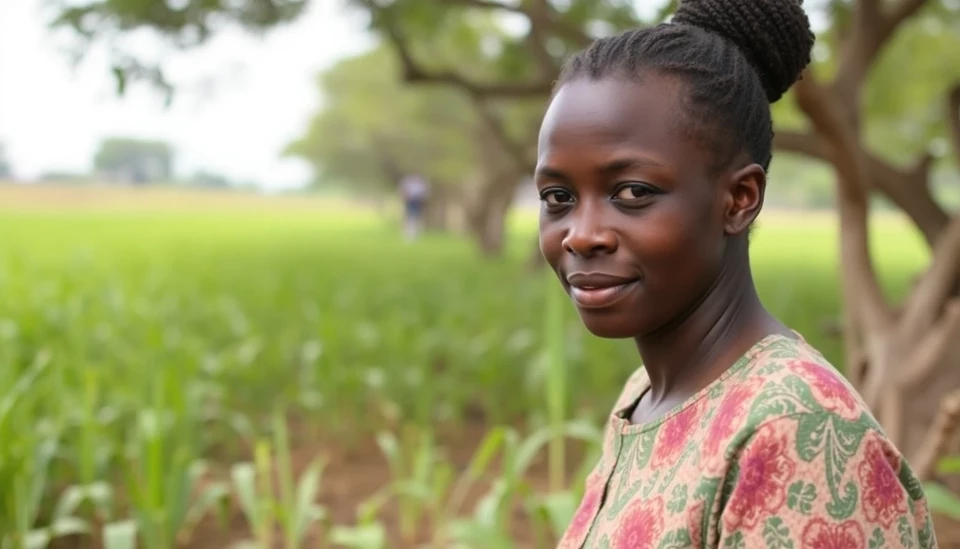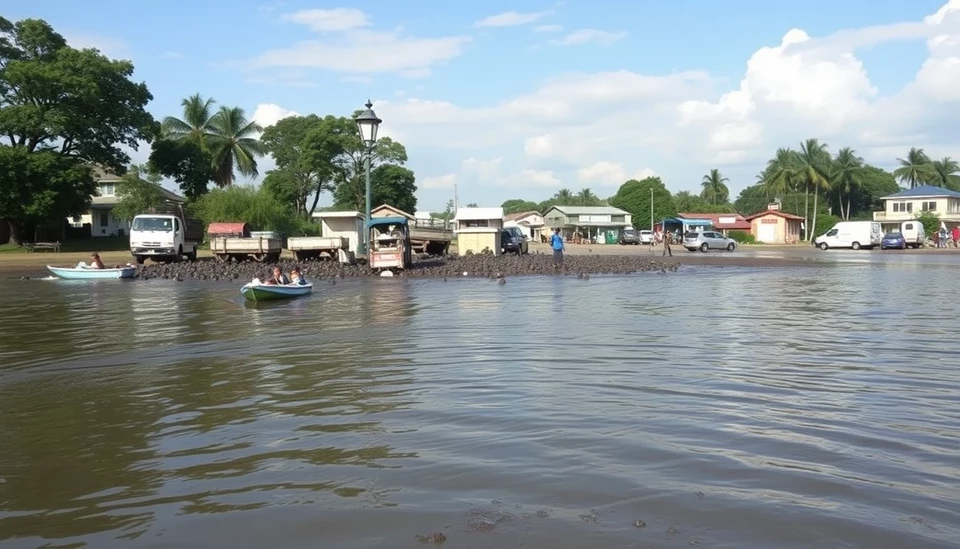
The International Monetary Fund (IMF) has warned that Zambia's economic growth is set to plummet to its lowest level in 25 years, primarily due to the ongoing drought affecting vital agricultural sectors. In a recently released report, the IMF revised its forecast for Zambia, projecting a meager growth rate of just 1.2% for the year, a staggering decline from earlier estimates.
Experts attribute this drastic reduction in growth to unprecedented dry spells that have hit the country, severely hampering agricultural productivity. Zambia, often referred to as a nation reliant on agriculture, relies on this sector to bolster its economy and provide livelihoods for a significant portion of its population. The IMF's latest assessment reveals that the severe drought is particularly detrimental to staple crops, which has resulted in decreased yields and dire food shortages.
In addition to agricultural setbacks, the dry conditions have also exacerbated food inflation, pushing prices higher and affecting the purchasing power of consumers. The IMF has highlighted that with food prices on the rise, inflation is likely to continue spiraling upward, putting further pressure on the Zambian economy.
The report underscores the urgent need for policy measures aimed at mitigating the impact of climate change and enhancing resilience in the agricultural sector. The IMF emphasizes that addressing these challenges is vital not only for stabilizing Zambia's economy but also for ensuring food security for its citizens.
As Zambia grapples with the repercussions of this severe drought, the IMF is advising the Zambian government to implement strong and sustainable fiscal policies. The aim is to bolster the economy, temper rising inflation, and support those most vulnerable in the society who are being hardest hit by the drought's consequences.
Furthermore, the report indicates that the Zambian government should invest in initiatives geared towards improving agricultural productivity, including the adoption of climate-resilient farming techniques. This shift is deemed critical in safeguarding Zambia’s agricultural output against future climate-related shocks, ensuring sustainable development in the long run.
The outlook for Zambia remains challenging as the country navigates its dire economic circumstances. While the IMF's report lays bare the current realities, it also carries a call to action for local authorities and international partners to collaborate on sustainable solutions that will pave the way for recovery and growth in the years to come.
As this situation unfolds, it remains pivotal for policymakers to recognize the nexus between climate resilience and economic stability in order to safeguard the future of Zambia's populace.
Ultimately, the call for immediate attention and action from global stakeholders grows increasingly urgent as Zambia faces one of the most significant economic challenges in recent history.
#Zambia #IMF #Drought #EconomicGrowth #Agriculture #FoodInflation #ClimateChange #SustainableDevelopment
Author: Rachel Greene




